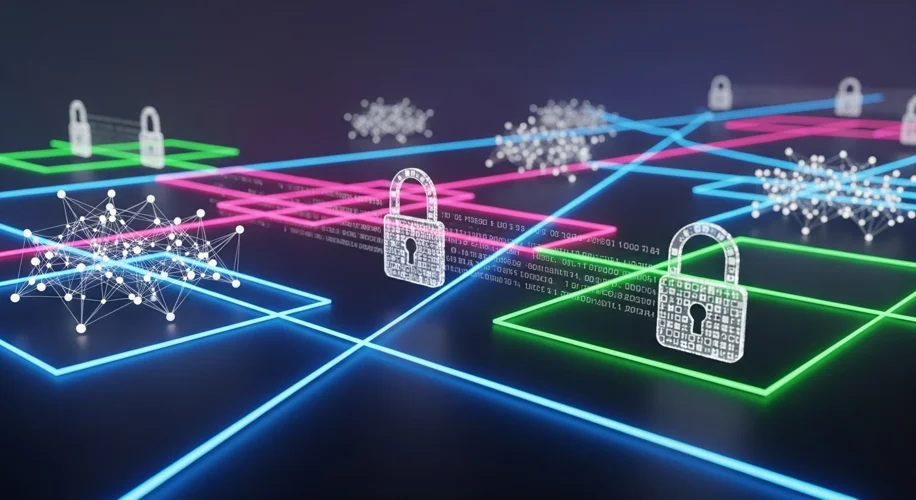Okay, so hear me out… we’re all hearing a lot about the metaverse and blockchain these days. It’s easy to get lost in the buzzwords and think it’s all just hype. But as someone deep in the AI and VR world, I’ve been digging into what these technologies actually mean for us.
Let’s start with the metaverse. When I interned at a VR startup, we were already building experiences that felt like a step towards it. Think shared virtual spaces where you can interact with others, not just play games. The idea is to blend our digital and physical lives more seamlessly. Imagine attending a virtual concert with friends from across the globe, or collaborating on a project in a 3D environment that feels as real as a physical office.
But here’s the catch: building a truly immersive and interconnected metaverse is a massive undertaking. It needs better hardware (lighter, more powerful VR/AR headsets), faster internet speeds, and standardized platforms so different virtual worlds can talk to each other. We’re not quite there yet, but the progress in VR, driven partly by gaming and social apps, is paving the way.
Now, blockchain. You’ve probably heard about cryptocurrencies, but blockchain is the technology behind them. It’s basically a super secure, shared digital ledger that makes it transparent and difficult to change any transaction. This is huge for things like digital ownership – think unique digital art (NFTs) or even virtual land in the metaverse. If you own something on the blockchain, it’s verifiable proof that it’s yours.
For me, the most interesting part is how blockchain can bring more trust and transparency to digital interactions. Imagine voting systems, supply chain tracking, or even managing your digital identity all secured by blockchain. It’s about giving people more control over their data and their digital assets.
But, let’s be real, blockchain tech is still evolving. Scalability (how many transactions it can handle quickly) and energy consumption are big hurdles that developers are actively working on. Plus, understanding how to use it securely can be a bit of a learning curve.
So, what’s my take? The metaverse and blockchain aren’t going to replace our physical reality overnight. They’re more like building blocks for the future. The real magic happens when these technologies combine with AI. Imagine personalized AI assistants helping you navigate complex virtual worlds, or AI analyzing blockchain data to identify trends. It’s a pretty exciting future, even with the challenges.
What are your thoughts on the metaverse or blockchain? Have you tried any cool VR experiences lately or experimented with crypto? Drop your comments below – I’m always curious to hear what you guys are up to!

